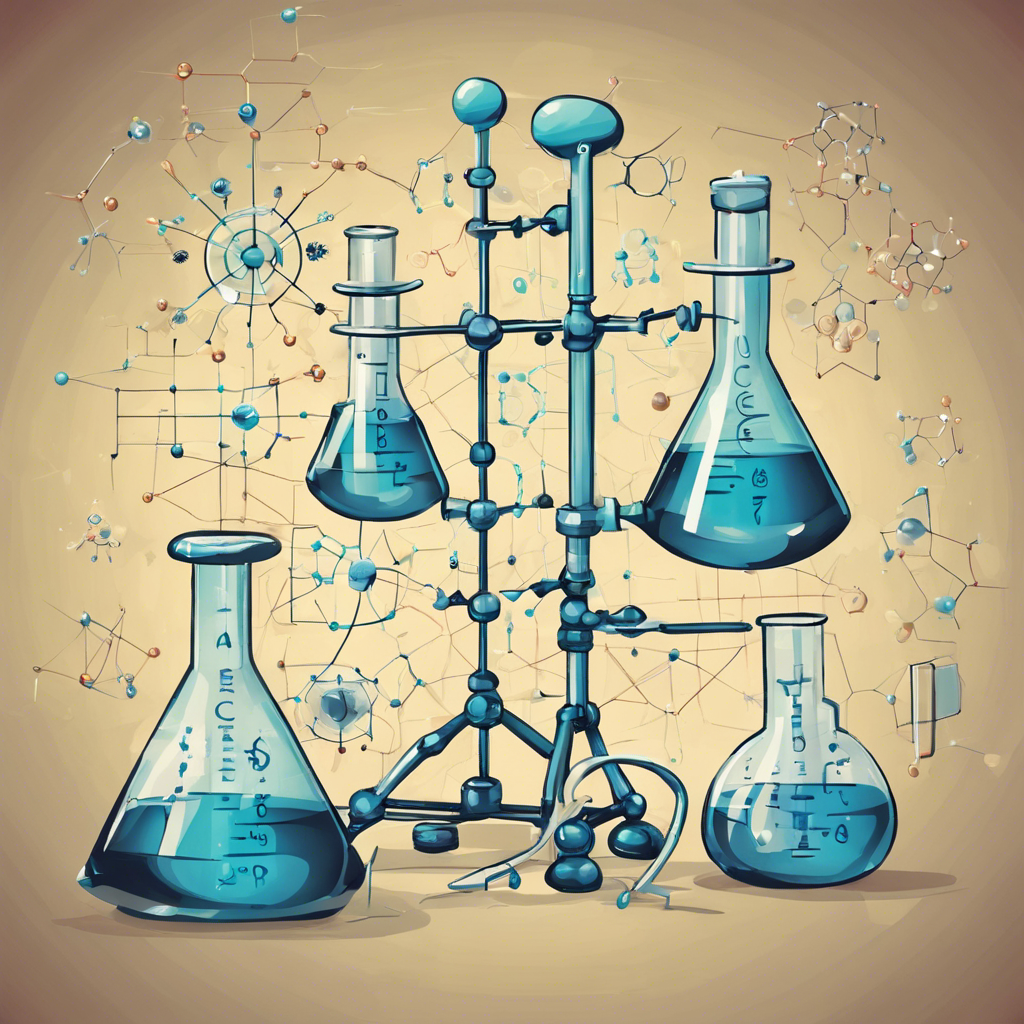Connecting Chemists Worldwide to Address Global Challenges
In an era of unprecedented connectivity, the United Nations’ Sustainable Development Goals (SDGs) have provided a platform for chemists around the world to unite and tackle pressing global challenges. Contrary to the notion of diminishing interest in science, technology, engineering, and mathematics (STEM) fields, the interest in chemistry and STEM subjects is not waning but rather becoming more global in nature. Through the power of technology and a shared commitment to advancing the chemical sciences, chemists from diverse backgrounds are collaborating to make significant strides towards achieving the SDGs. This article explores how the SDG has fostered international cooperation, emphasizing the importance of inclusive and equitable quality education as a driving force behind this global movement.
The Globalization of Interest in STEM and Chemistry
The interest in STEM and chemistry is not limited to any particular region or country; it is a global phenomenon. While there may be variations in the level of interest among different nations, the overall trend is one of increasing global participation. Technology has played a pivotal role in connecting individuals across borders, enabling chemists to collaborate, share knowledge, and address common challenges. The internet, online platforms, and virtual conferences have broken down geographical barriers, allowing chemists from all corners of the world to come together and contribute to the advancement of the chemical sciences.
The Power of Collaboration in Advancing Chemistry
Rather than viewing chemistry as a competitive field, the focus has shifted towards collective progress and collaboration. Chemists are recognizing the importance of working together to overcome shared obstacles and achieve common goals. Universities, industries, and organizations are embracing this collaborative mindset, fostering partnerships that transcend borders and disciplines. By pooling resources, expertise, and perspectives, chemists are able to develop innovative solutions to complex global problems, such as climate change, pollution, and sustainable resource management.
The Role of the United Nations’ SDG
The United Nations’ SDG has provided a unifying framework for chemists to align their efforts towards a common purpose. SDG 4, which aims to ensure inclusive and equitable quality education, has been particularly instrumental in driving global collaboration in chemistry. Recognizing the interdependence of education and sustainable development, universities and research institutions are prioritizing inclusive education initiatives that promote diversity, accessibility, and equal opportunities for all aspiring chemists. By nurturing talent from diverse backgrounds, the chemical sciences are enriched with a broader range of perspectives, fostering creativity and innovation.
Addressing Global Challenges through Chemistry
Chemistry plays a vital role in addressing many of the world’s most pressing challenges, including clean energy, water scarcity, and health crises. Through international collaboration, chemists are developing sustainable and efficient energy sources, designing environmentally friendly materials, and creating innovative drug delivery systems. By sharing knowledge, best practices, and cutting-edge research, chemists are accelerating progress towards achieving the SDGs, ultimately contributing to a more sustainable and equitable world.
Empowering the Next Generation of Chemists
As the global chemistry community continues to grow and collaborate, it is essential to empower the next generation of chemists. By providing quality education, mentorship, and opportunities for hands-on experience, young chemists can become catalysts for change in their communities and contribute to the global effort towards sustainable development. Investing in STEM education and fostering a passion for chemistry will ensure a pipeline of talented individuals who are equipped to tackle the complex challenges of the future.
Conclusion:
The United Nations’ SDG has served as a catalyst for global collaboration in the field of chemistry. Through the power of technology and a shared commitment to inclusive and equitable quality education, chemists from diverse backgrounds are coming together to address pressing global challenges. The globalization of interest in STEM and chemistry, coupled with a collaborative mindset, has propelled the chemical sciences towards new frontiers of innovation and sustainability. By nurturing the next generation of chemists and empowering them with the tools and knowledge they need, we can continue to make significant strides towards achieving the SDGs and creating a better future for all.











